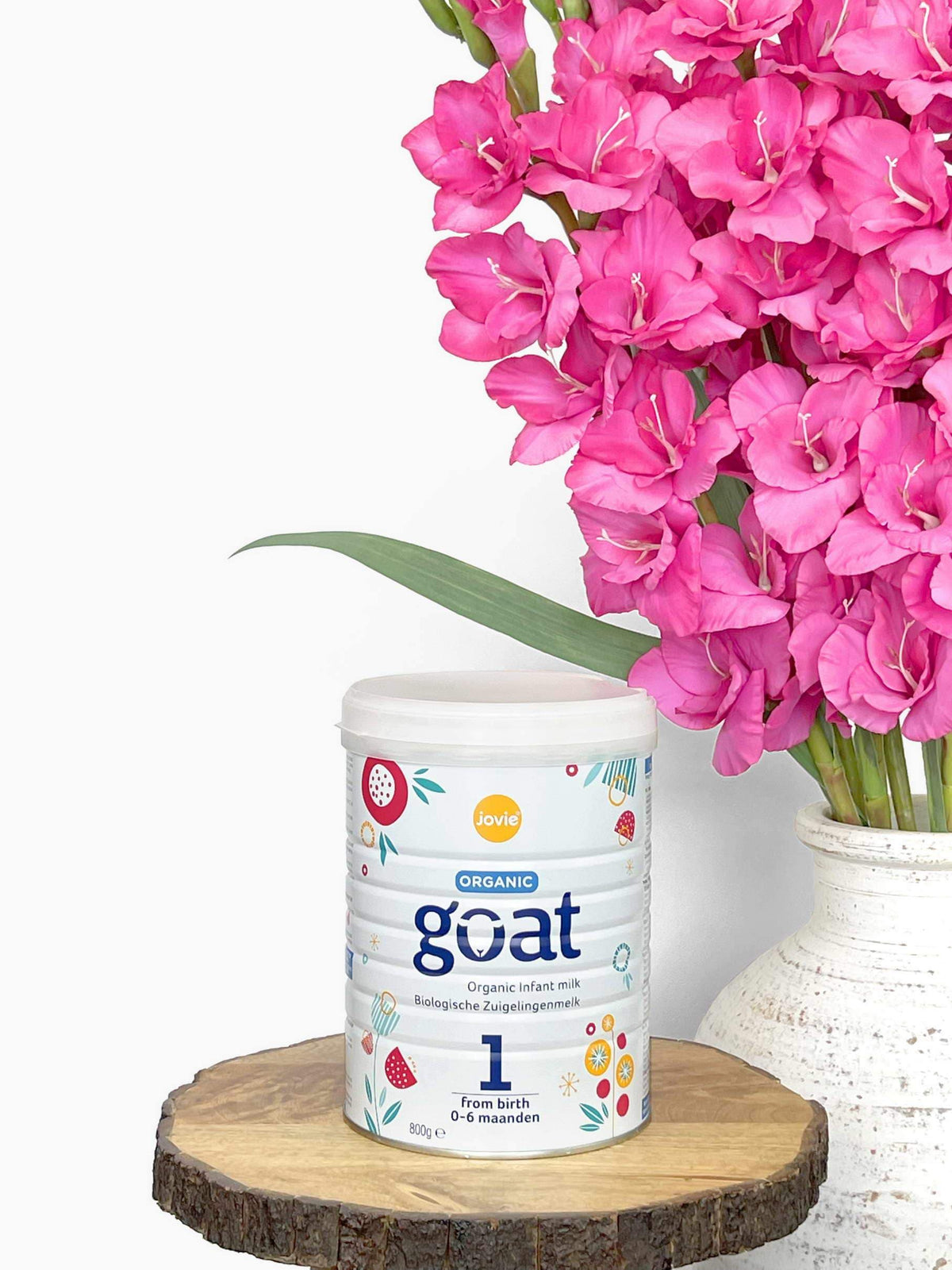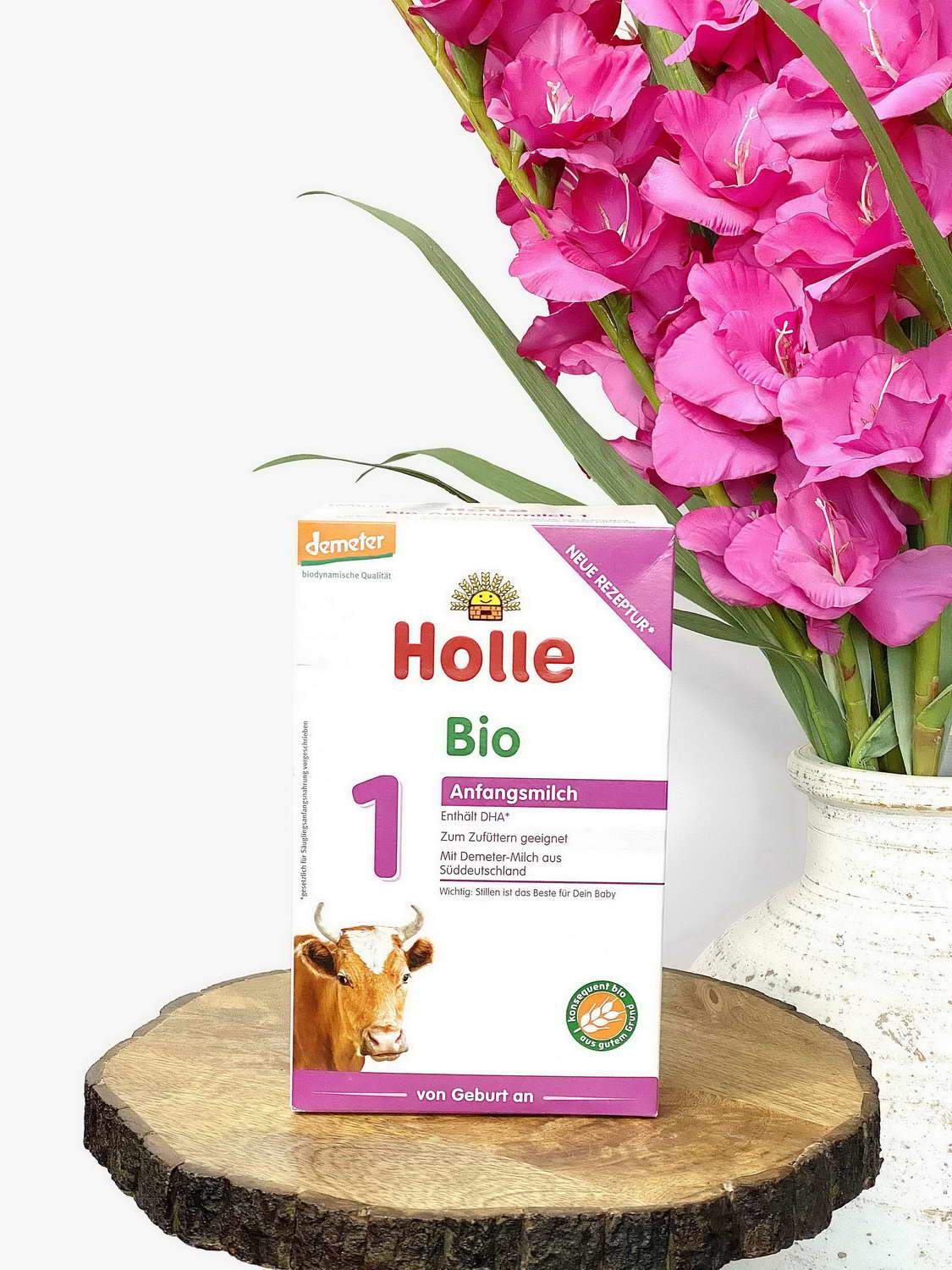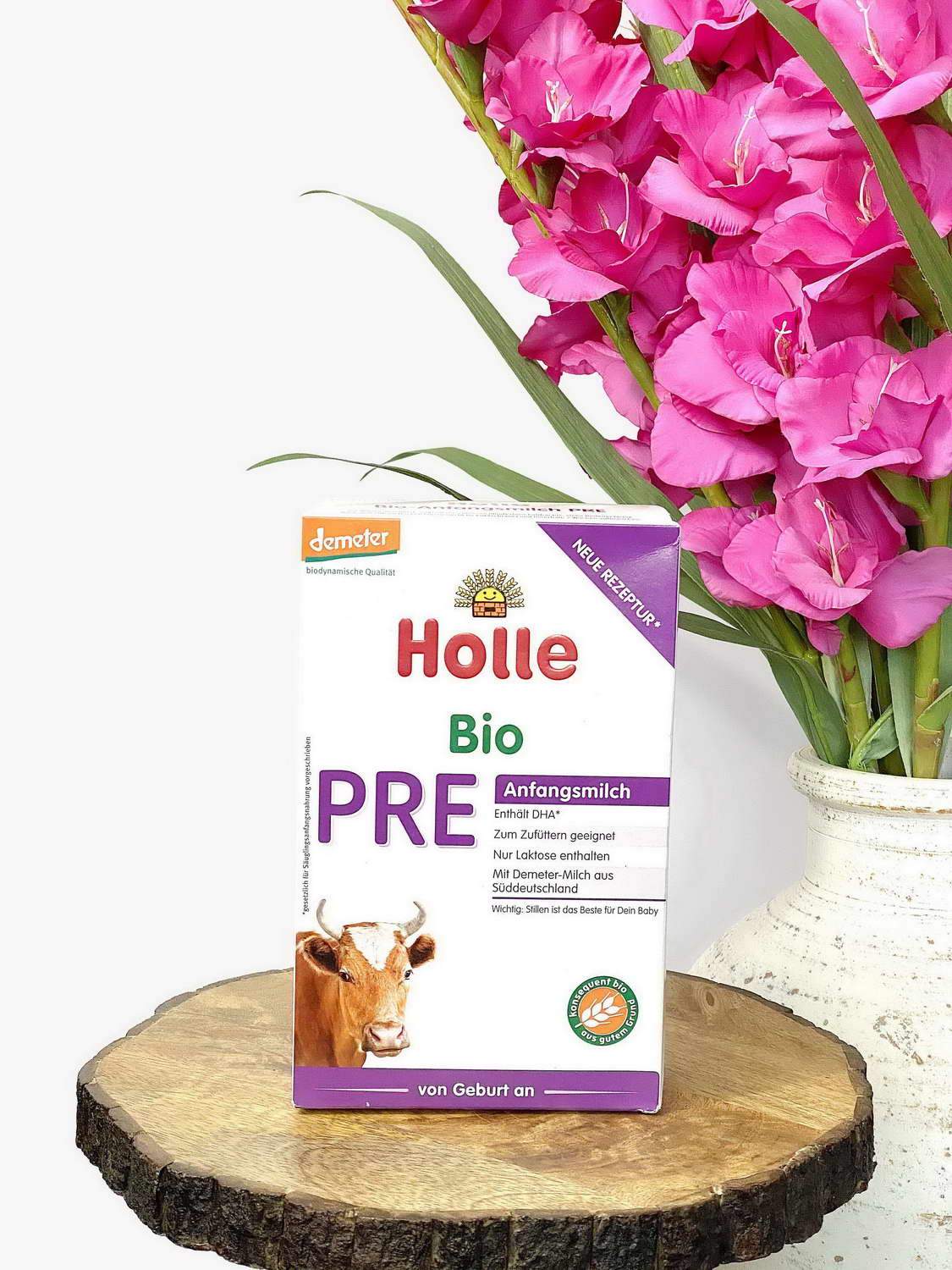The first months of life are the optimal time for the healthy development and boosting of an infant's immune system. As we know, breastfeeding is the most natural way of feeding an infant, and positively influences their development as well as an infant's health and immunity.
However, the reality is that not every family is able to or wants to breastfeed, either exclusively or at all. Fortunately, this is where the benefit of decades of research and dedication for the closest nutrition that mimics breastfeeding comes in.
In this article we will discuss the property details of Human Milk Oligosaccharides and the European baby formula company revolutionizing the infant nutrition industry with organic HMOs.
Human Milk Oligosaccharides Benefits
The first months of an infant’s life are a vital time. From the moment of birth, a baby is bombarded by a world full of viruses, bacteria, and fungi — some of which are friendly, some can cause serious illness.
It is this time when the baby's immune system is learning how to tell the good pathogens from the bad and beneficial gut microbes are being added to a little one’s immature system.
One natural immune fortifying ingredient found in breast milk has been isolated and identified. It is a complex sugar and the third most abundant solid component after lactose and lipids, it is referred to as human milk oligosaccharides or HMOs.
Emerging research, such as human milk oligosaccharides nestle, has suggested that HMOs are extremely important in the first months of life. HMOs are enhancing the development of the intestinal microbiota and support immune protection in infants, because the gut is where 70% of an infant's immune reaction resides.
Numerous studies have concluded that infants have had a lower incidence of infections, including respiratory tract infections, and long term obesity as compared with those fed baby formulas without HMO representation.
As with gut and immunity, the first 1,000 days of a newborn's life are crucial for brain development. Another important bioactive component of HMOs in breastmilk is associated with improved cognitive and enhanced brain development parameters.
Garnering much attention are studies that have shown a direct relation to the amount of HMOs in breastmilk in the first few months of feeding, to significantly higher cognitive development scores in babies by two years of age. They also indicate that daily exposure of HMOs will be extremely beneficial in growth and development.
Human Milk Oligosaccharides Supplement
In a significant advancement to infant nutrition, HMOs that mimic those found in human breast milk are now available in baby formula. The major benefit is the unique natural immune-nourishing human milk oligosaccharides prebiotics and beyond, including cognitive and developmental properties.
By making HMOs available in baby formulas, infants are able to receive specialized nutrition and benefits only found in breastfed infants previously.
2'-FL HMO
To date, more than 150 different HMOs have been identified in human breast milk, but just as not all women produce the entire set of oligosaccharides at all times - only certain types of HMOs have been isolated for the use in baby formulas.
For instance, the American baby formula brand Similac Pro-Sensitive® Infant Formula with 2’-FL HMOs has the most prevalent human milk oligosaccharide (HMO) naturally present in human breast milk. Making up about 30% of all of HMOs, this HMO has been selected for the immune-nourishing prebiotic properties.
Keep in mind, the HMOs in Similac are created in the lab, so the HMO does not come directly from a human’s breast milk. Abbott, the manufacturers of Similac explain that the HMO is created much in the same way as the vitamins in Similac are created.
2'-FL HMO Meaning
The scientific definition of 2'-FL HMO is 2'-fucosyllactose (few-co-syl-lactose) human milk oligosaccharide (ol-i-goh-sak-uh-rahyd). What it really means is that baby formulas are closer than ever to bringing the perfect nutrition home to your family via baby formula.
HMO Human Milk Oligosaccharides
Kendamil Formula
Recently, Kendamil announced the gold standard in organic baby formula. This European brand has the distinction of being the first ever organic formula globally to have the verified presence of naturally occurring Human Milk Oligosaccharides (HMOs), the complex carbohydrate that exists in human breast milk.
Kendamil is made in the United Kingdom and has been uniquely crafted with over 58 years’ expertise in infant nutrition. This family owned and operated company lives, farms, and manufactures Kendamil formulas in the heart of the English Lake District to ensure the commitment in developing the most premium, natural, traceable, and sustainable organic formulation in the world.
Vegetarian Formula Milk for Babies
Kendamil uses only full cream cow and goat milk to make their baby formulas richer in healthy fats and vitamins. Kendamil is also the only whole milk baby formula that is vegetarian friendly, due to the use of plant based DHA/ARA.
With all of these components, Kendamil is able to use less vegetable oils and avoid palm oils for sensitive babies as well as parents that prefer to leave this ingredient out.
When you add the components of breastmilk such as HMOs, GOS nucleotides, taurine, and naturally-occurring levels of L-Carnitine to Kendamil baby formulas, for the first time there is not a baby formula out there that mimics breast milk closer.
#1 Cow's Milk Formula
Kendamil Stage 1
Age: 0-6 Months
Size: 800g / 28.22oz
Why Choose?
Whole Milk option with MGFM, DHA/ARA from Algae Oil instead of Fish Oil, No Palm Oil
#1 Goat's Milk Formula
Kendamil Goat Stage 1
Age: 0-6 months
Size: 800g / 28.22oz
Why Choose?
A2 Whole Goat Milk, No Palm Oil, No Fish Oil, Vegetarian Friendly, HMO's
European Baby Formula vs American Formula
With just a quick glance at the ingredients, we can see that HMOs are about the only thing these baby formulas have in common. Noticeable differences begin with the sourcing of HMOs; American baby formula brands use synthetic lab-made 2'-FL HMO and the European brand Kendamil only uses naturally occurring HMOs that come from organic origins.
The American baby formula Similac Pro-Sensitive® has a long list of harmful and toxic ingredients. Several of the top ingredients in Similac Pro-Sensitive® are non-lactose sugars (corn syrup and sugar are listed) and another is soy, all which have a long list of dangerous health and developmental implications for children that can last throughout their lifetime.
On the other hand, Kendamil baby formulas are made with only the purest organic components. Free of all ingredients that may be detrimental to your little one’s cognitive and developmental milestones.
You will never find non lactose-based sugars, heavy metals, soy, or additives in these high quality European baby formulas. Only nutrition that closely resembles the natural make up of breast milk is acceptable.
Baby Formula Closest to Breast Milk
Kendamil’s commitment to make absolutely no compromises guarantees the very best, natural, most sustainably sourced infant milk in the world. And now with the addition of organic naturally sourced HMOs, for the very first time parents are able to give their little ones the most advanced infant nutrition that is closer to breastmilk than ever before.
As with all of our European baby formulas, we are proud to bring your family the clean, pure organic nutrition that Kendamil cow’s milk and goat’s milk baby formulas have to offer.
If you would like more information on HMOs in Kendamil baby formulas or any of our other breast milk alternatives, please visit our latest blog articles where we bring you the latest news and research on baby nutrition twice a week.














